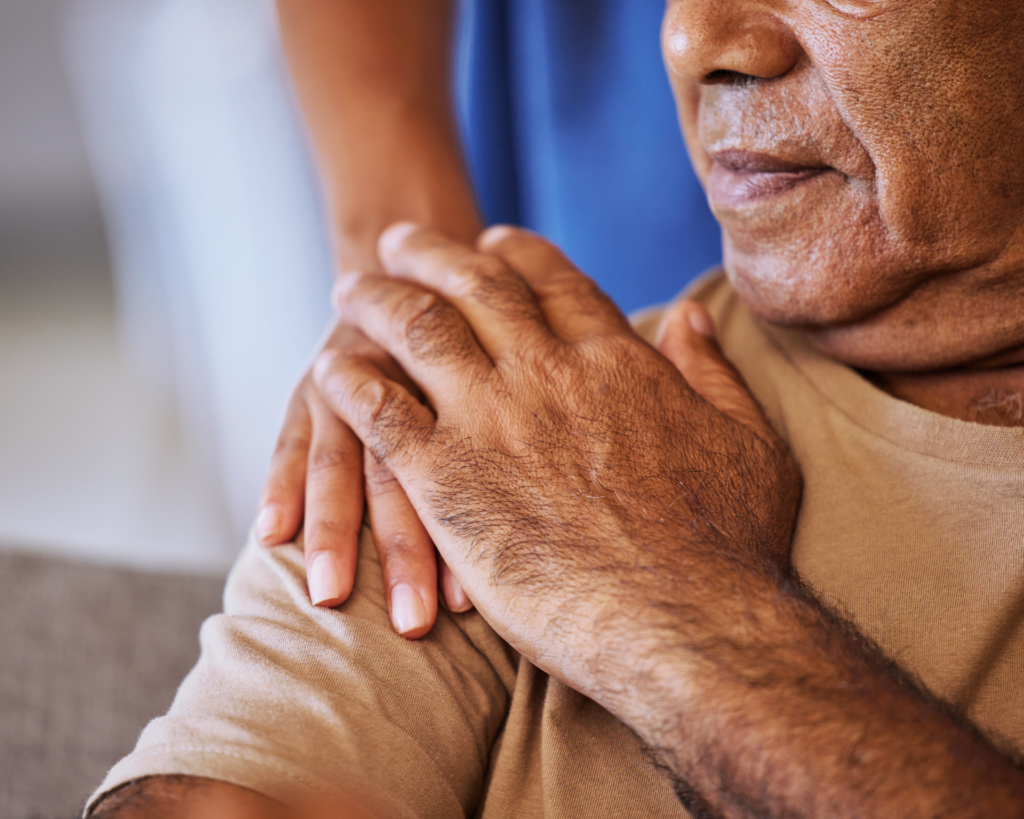Modeling Social Status and Eating Behavior With Monopoly
A pilot study by Cardel and colleagues looks for a link between a person’s sense of resources and privilege and their eating, a potential pathway to obesity.

Read Time: 4 minutes
Published:
If you could instantaneously change your view of your social status, it might have effects on your health behaviors. This is the hypothesis of Michelle Cardel of the University of Florida who is searching for a causal link between a person’s sense of resources and privilege and their eating, a potential pathway to obesity.
In her preliminary study, she has used a rigged version of Monopoly™ to simulate the experiences of high social status and low social status in everyday life.
When participants came in for the study, Cardel’s group asked them to fill out questionnaires. They asked participants about their socio-demographics and health-related behaviors, but the researchers weren’t actually using the data from these tests. They wanted the participants to think that their answers determined their role in the Monopoly™ game, when really researchers randomly assigned social status as indicated by Monopoly™ piece.
After tallying the questionnaire results, researchers said, “I’m sorry. Based on your test performance, you have been given the shoe piece,” if the participant had been randomized to the low social status position. If a participant was randomized to the high social status position, researchers said, “Congratulations, based on your test performance, you have been given the Rolls Royce piece.”
Cardel and her colleagues hypothesized that participants assigned to the low social status position, the shoe piece players, would eat more after the Monopoly™ game…
Cardel and her colleagues hypothesized that participants assigned to the low social status position, the shoe piece players, would eat more after the Monopoly™ game and have higher measures of subjective stress and physiological stress than participants in the high social status condition, the Rolls Royce piece players.
Cardel changed the Monopoly™ rules to simulate high and disadvantaged social status. The player with the Rolls Royce piece started with more money, had more power by playing the banker throughout the game, received more money when they passed “Go,” and was able to roll both die on each turn. The person with the shoe piece could only roll one dice per turn, making it impossible for them to roll their way out of jail. The partners played for 40 minutes before researchers interrupted them and tallied their winnings.
After a demoralizing game (for the shoe piece player), the two participants helped themselves to a lunch buffet, each in separate rooms where, unbeknownst to them, researchers monitored their food intake. A month later, the participants returned—this time playing opposite positions.
The shoe piece players always finished with significantly less money than the Rolls Royce piece players. At the buffet following the game, the shoe piece players ended up consuming more calories and a greater percentage of their daily caloric needs than the Rolls Royce piece players. Immediately after the game, low-social-status players had higher heart rates, a physiological measure of stress, and reported feeling less pride and power compared to the high-social-status players. Cardel suggests that these preliminary results show that the stress that comes from low social status may lead to overeating and serve as a pathway to obesity.
Other researchers have expressed skepticism about the way Cardel tried to model and change social status with Monopoly™. “I don’t think it’s possible to manipulate social status in that way,” said Elizabeth Goodman, director of the Massachusetts General Hospital Center for Child Adolescent and Health Policy. Jeffery Sobal, a Cornell researcher who performed early research about the link between socio-economic status and body weight said in an email that he has “doubts about the transferability of the findings,” given that income, education, class culture, and other factors contribute to perceived social status in real life.
Goodman and Sobal worry that Cardel’s method minimizes the complex factors that determine both social status and obesity.
Cardel believes her work, and a larger study with this design, may point to new targets for obesity interventions such as perception of social status. Addressing actual social status will be more difficult.
Feature image: frankieleon, My First Car, used under CC BY 2.0



